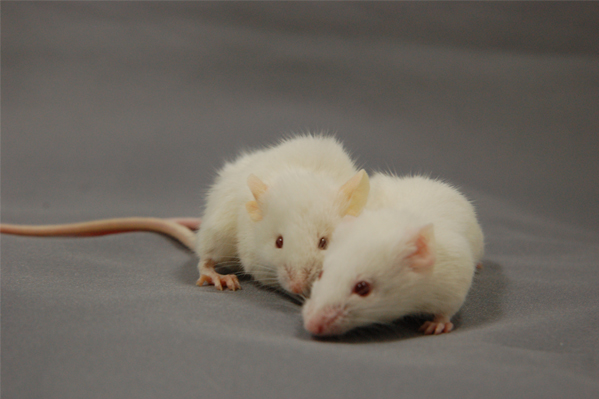(Kawasaki, Japan, 25 June 2015) Nobuhiko Okabe M.D., Ph.D., is the General Director of the Kawasaki City Institute for Public Health—located at the Kawasaki INnovation Gateway at SKYFRONT (KING SKYFRONT), Japan—and in this issue of the Kawasaki SkyFront iNewsletter he describes the activities of the Institute.
Kawasaki SkyFront iNewsletter: http://inewsletter-king-skyfront.jp/en/video_feature/vol_4/feature01/
Further information about science and technology projects at Kawasaki City is available in the Kawasaki SkyFront iNewsletter that highlights research being conducted by scientists and industries affiliated with Kawasaki INnovation Gateway at SKYFRONT (KING SKYFRONT)—the City’s flagship science and technology hub focused on open innovation in the life sciences and environment.
KING SKYFRONT is located on the opposite side of the Tama River that separates Tokyo International Airport (also known as Haneda Airport) and the Tonomachi district of Kawasaki. The Airport plays an important role in the globalization of the innovative activities of scholars, industrialists and City administrators based at KING SKYFRONT.
Video Feature
Nobuhiko Okabe, M.D., Ph.D.
Director General
Kawasaki City Institute for Public Health
Profile of Dr. Okabe, MD, Ph.D.
I am a pediatrician who has specialized in infectious diseases and preventative medicine. In addition to clinical experience at hospitals etc, I have also contributed for three and a half years as the Regional Advisor at the WHO Western Pacific Regional Office in Manila. Then, I returned to Japan and after working as a pediatrician at the Jikei University Hospital where I graduated, I took up a post as the Director of the Infectious Disease Surveillance Center at the National Institute of Infectious Diseases (NIID) for 12 years. At the Center I mainly worked for the country on collecting , analysis disseminate infectious disease information (surveillance) , and fieldwork related to infectious diseases mainly contributing to matters related to health administration and clinical aspects of policies for diseases.
I also worked on risk analysis and methods for dealing with emerging diseases such as SARS, pandemic influenza, and Ebola. . After retiring from NIID, I joined Kawasaki City Institute for Public Health, where I am involved in more local issues related to health and environment.
http://inewsletter-king-skyfront.jp/en/video_feature/vol_4/feature01/
Research Highlights
A dual role for protein Cdh7 in correct cerebellum development

http://inewsletter-king-skyfront.jp/en/research_highlights/vol_4/research01/
Precise neural connectivity and the correct formation of synapses are crucial for creating and maintaining a healthy nervous system. The cerebellum – the region of the brain responsible for motor control – relies on synaptic connections between neurons to form a fully functioning circuit.
Fine-tuning of chemical structure of mRNA carriers for clinical applications
 http://inewsletter-king-skyfront.jp/en/research_highlights/vol_4research02/
http://inewsletter-king-skyfront.jp/en/research_highlights/vol_4research02/
Messenger RNA (mRNA) has gained much attention as a potential candidate for gene therapy. However, mRNA is easily altered in the body, meaning that safe, efficient and sustained delivery to the therapeutic target site is very difficult.
An enhanced model for estimating pesticide toxicity using mice with humanized livers
http://inewsletter-king-skyfront.jp/en/research_highlights/vol_4research03/
Pesticides used in agriculture, such as acephate and chlorpyrifos, can filter into foods grown for human consumption. Monitoring the effect of the pesticides inside the body, and in particular in the liver, has proven difficult, partly due to the lack of a feasible animal model.

Further information:
Kawasaki City, Japan, Coastal Area International Strategy Office General Planning Bureau, City of Kawasaki,1 Miyamoto-cho, Kawasaki-ku, Kawasaki-city, Kanagawa 210-8577, Japan
EMAIL:20rinkai@city.kawasaki.jp

